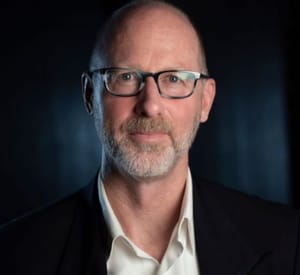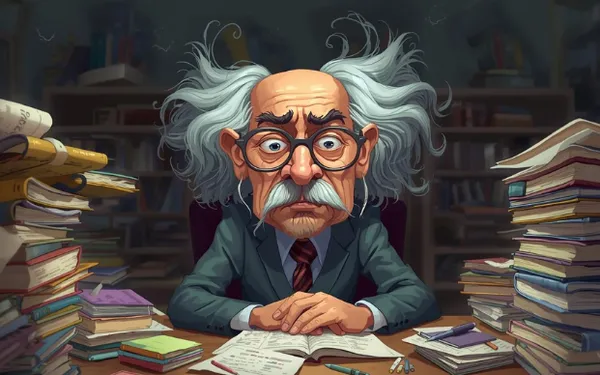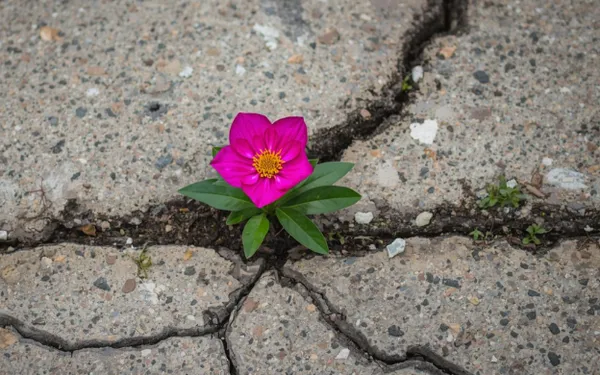In late December California Governor Gavin Newsom announced a reinstatement of the indoor mask mandate statewide. In doing so, he not only brought back a failed policy that has done nothing to protect the health of California residents. He also extended a cruel practice of state-sponsored child abuse that has harmed the most vulnerable—our children.
Masks provide no meaningful protection from viral respiratory disease. That is why they have never—until March 2020—been recommended for use by the public. In all large, well-designed studies of mask use in vivo, results have at best shown no benefit. In many cases, mask-wearing has been responsible for an increase in disease. The one and only study cited by the CDC to support mask mandates for children was recently criticized as “profoundly misleading” and full of “significant flaws.” No honest, rational person has successfully defended mask-wearing as medically useful, much less necessary.
If masks were simply ineffective talismans—as the New England Journal of Medicine described them in May 2020—we might dismiss them as ornamental eccentricities, much like a rabbit’s foot keychain. They are not. They are dehumanizing and dangerous. Much like the Muslim veil, meant to erase a woman’s feminine presence by banishing her face from public view, masks dehumanize people by preventing both facial expression and facial recognition. In addition, masks have long been associated with shame. There is a reason why we say, “He can no longer show his face in public.” Their danger, though, lies primarily in the psychological harm they cause. That harm falls disproportionately on children.
“It’s only a mask.” I have heard that comment tossed around flippantly by the parents of young patients in my clinical practice. These adults fail to see the tremendous damage masks cause to their children’s development. Since children began wearing masks at school, on the athletic field, in airplanes—essentially everywhere outside the home—I have seen a significant decline in their ability to make eye contact, speak clearly, and initiate face-to-face communication with other human beings. Emotional resilience has dramatically declined. Children have become dull and slow in their thinking. I see this with all children, but it is especially pronounced in those with autism. Most of my autistic patients who were previously emotionally stable have begun throwing tantrums again, and some have returned to self-harming behaviors. One was hospitalized for the first time in an inpatient psychaitric unit.
My observations were confirmed in November, when Brown University Department of Pediatrics published a follow-up study to an earlier report on IQ point loss in infants. Babies born after January 2020 showed a 20-point drop compared to those born just one year earlier. This decline was not attributed to infant mask-wearing but rather to sensory deprivation from adults having artificially limited newborns’ healthy, natural exposure to the environment. Many of these infants had never seen a human face that didn’t belong to their parents. The follow-up study proved to be even more alarming. In a group of over 1,000 children ages zero to five, the researchers found a 24% overall cognitive decline in the year 2020, compared to each of the previous five years. What this reveals is that government mandates such as school closures and mask-wearing are causing brain damage in young children. Is this permanent? We have no way of knowing. It will certainly become permanent, though, if the mandates— school closure, antisocial distancing, and mask-wearing—are not rescinded.
Unfortunately, I fear that even if mandates do end, children may not voluntarily give up wearing the masks. Recently a mother and her eight-year-old child visited my office. The mother was not wearing a mask, but the child (my patient) was. I reminded the young boy that he doesn’t need to wear a mask in my office. “You can take it off—it’s better for you to breathe freely. And I want to see your face.” He said, “I feel more comfortable with it on.” He kept it on throughout the visit. I noticed that he made poor eye contact, said very little, and spent most of his time staring down at his lap, where he held his mother’s phone “to keep him occupied.” This patient, like many I see now, has lost all interest in leaving his house, playing with friends, or attending sleepovers. He is no longer curious about life or other people. He hides himself behind a mask and stares at a screen, with the passive approval of his mother. Behavioral conditioning can be quite powerful. We have sadly conditioned our children to feel comfortable wearing a diaper on their faces.
Government does not raise our children. Parents do. It is a parent’s responsibility—not government’s—to keep a child safe. When parents allow their own fear and anxiety to be transferred onto their children, they abdicate their most basic parental role, which is to keep their children protected from harm. This error in judgment cannot be laid at the doorstep of politicians and bureaucrats. The fourth step in the Alcoholics Anonymous 12-step program is to “admit to God, to ourselves, and to another human being the exact nature of our wrongs.” It is wrong to mask a child. It is damaging. It is child abuse. And it is past time for parents to acknowledge that by putting masks on their children, they have been complicit in the abuse. Sometime soon, children will start asking their parents, “Why did you agree to hurt me by forcing me to wear a mask?” Parents should start thinking of an answer to that question--now.
Mark McDonald, M.D.
Psychiatrist and author of United States of Fear: How America Fell Victim to a Mass Delusional Psychosis







Member discussion